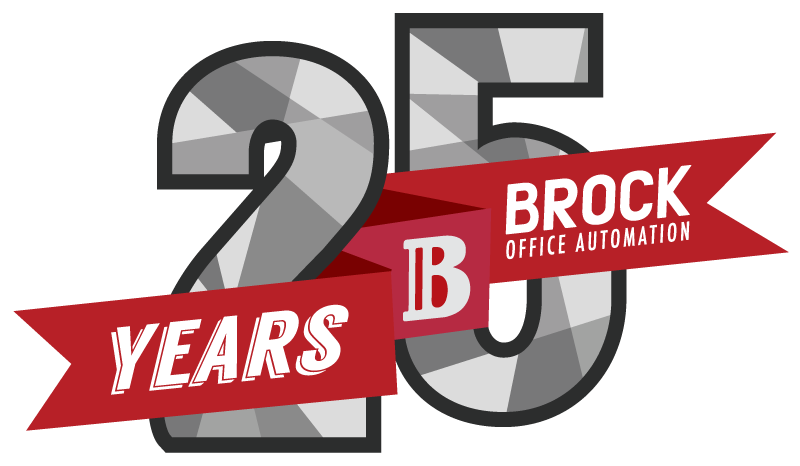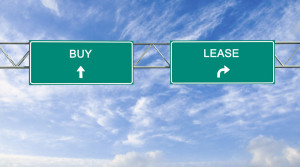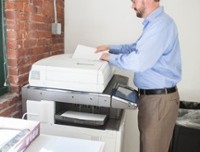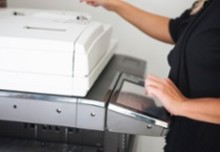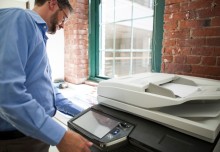ESTIMATED READING TIME: 3 MINUTES
So you or your boss has made the decision and decided it’s time for the office to upgrade its office equipment. But now there’s a new question: should you lease or buy? You need to ask yourself some important questions before making the plunge. It is one of the most important decisions a business can make. Today we will examine the benefits and downsides of leasing and buying and what you should be considering when making your decision.
Why you should buy
- The benefits of buying:
- Once you buy, the equipment is yours.
- It is a convenient method. Buying is much easier than leasing. There is no need for complicated negotiations, all you need to do is find the product that best suits your business, find the best deal, and purchase.
- You can deduct the full cost of the equipment within the first year as a business owner.
Why buying isn’t for you
- The disadvantages of buying include:
- Sometimes the purchase price might be a little more than your office can handle. If you are a small business, putting up a large lump sum of money can sometimes cause drastic repercussions. In that case, the benefits of owning do not outweigh the money down.
- Office machines operate much as cars do. The value is always depreciating. The world today is a technological world and you always need upgrade to maximize profit and productivity.
When you need a lease
- The benefits of leasing include:
- You pay nothing up front and avoid paying one lump sum. By paying smaller amounts each month you can take money to be put towards other elements of your business in the meantime. Having more availability to the money allows you to make some improvements to your office to help your business grow.
- Allows you to have access to a machine that you would otherwise be unable to purchase
- The costs are always fixed in advanced therefore budgeted for before the due date. Have predictable monthly expenses is generally preferred to producing one lump sum.
- You are able to keep your equipment up to date- when your lease ends, you are free to upgrade to the latest, fastest model.
Why a lease is maybe not for you
- The disadvantages to leasing include:
- Getting lost in complicated negotiations that may have you spending far too much in a lease for a piece of equipment.
- Remember to include interest and any additional figures when calculating cost- more often than not leasing will end up costing you more than purchasing in the long run.
- If your business changes and you no longer find yourself using the machinery, you are still required to fulfill your lease agreement and continue paying until the contract is completed.
Key questions
You should be considering key questions when you weigh the pros and cons of leasing or buying.
- How long will you need it?
- If you are not expecting to use the equipment for an extended period of time, logistically it does not make sense to purchase. Additionally, when leasing you shouldn’t be getting a long lease, otherwise it voids the benefit of having access to newer models.
- What is the total cost?
- You need to compare the total cost of leasing to the full cost of purchasing. You need to make sure to include any additional cost, including insurance, maintenance costs, taxes, or interest.
- (If leasing) How long is the lease for? Are there restrictive terms associated with the lease?
Discuss with your accountant or financial advisor what you can realistically afford. We at BrockOA are happy to assist you with your decision. Our dedicated team will help you make a decision based on what is best for your office. We cannot say that one way is better for your business, you need to assess your financial situation and your answer to the key questions. From there we will help you find a solution that works for you.
Have any comments? Let us know- do you prefer leasing or buying? Is there a certain piece of equipment you always purchase?
